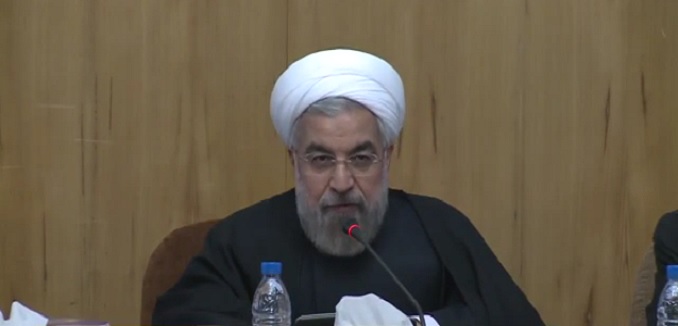The United Nation’s news service on Thursday conveyed a call by what the wire described as “a group of independent [U.N.] human rights experts” demanding that the Iranian government provide medical treatment – or, more precisely, that it cease denying such treatment – to blogger Mohammad Reza Pourshajari and religious cleric Sayed Hossein Kazemeyni Boroujerdi, two political prisoners who are said to be at risk of dying due to Iranian prison conditions:
Mr. Pourshajari (aka Siamak Mehr) was arrested for blogging in September 2010, and is currently serving a four-year prison term in Ghezal Hesar prison in Karaj. He had a heart attack and has been suffering from prostate disease, and has kidney stones, high sugar level, breathing problems, and high blood pressure.
Mr. Boroujerdi, currently held in Evin Prison, was arrested for his religious beliefs on 8 October 2006 and is serving 11 years in prison. He suffers from Parkinson’s disease, diabetes and high blood pressure, breathing and walking problems, kidney stones and a heart condition.
According to the news release, the two men’s health condition, deemed to require urgent hospital transfer, has deteriorated due to “physical abuse, poor prison conditions, prolonged solitary confinement, and other forms of repeated torture and ill-treatment.”
The story linked to a press release issued by the group that described how “prison authorities have so far denied this fundamental right [to treatment], despite prison physicians recommending such urgent care”:
The human rights experts reminded the Iranian Government of its obligations under international standards to respect the prisoners’ right to health and to ensure humane treatment, which requires transferring sick prisoners who need specialist medical care to a specialized institution or civil hospital.
“Mr. Pourshajari and Mr. Boroujerdi were imprisoned for peacefully exercising their rights to freedom of expression” they said. “They should not only receive urgent medical treatment but also be released.”
Benjamin Weinthal, a Berlin-based fellow at the Foundation for Defense of Democracies, had earlier in the week called upon the Obama administration to “make the release of the three Americans [held by Iran] a sine qua non” of ongoing negotiations. The European Parliament (EP) for its part had blasted the Islamic Republic for among other things its treatment of political dissidents, triggering threats from Tehran stating that the “irresponsible and counter-productive” text could hamper nuclear-related talks.
The EP resolution came after months of statements from top U.N. official, up to and including Secretary-General Ban Ki-moon, assessing that there has been no fundamental improvement in Iran’s human rights situation since the election and inauguration of President Hassan Rouhani. A March U.N. report described Rouhani as having taken only “baby steps” toward improving human rights, and the recently published annual State Department human rights review converged on the same conclusion. Instead there has been a much-criticized surge in Iranian executions, with Fox News on Thursday conveying that an estimated 537 executions have taken place since Rouhani’s election.
[Photo: PressTV News Videos / YouTube ]




